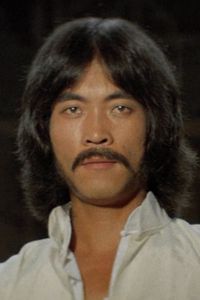Helene Bertha Amalie "Leni" Riefenstahl, a German film director, actress, and dancer, was born on August 22, 1902, and passed away on September 8, 2003. She was renowned for her innovative filmmaking techniques and aesthetic style.
Riefenstahl's most famous film, Triumph des Willens (Triumph of the Will),was created for the 1934 Nuremberg congress of the Nazi Party. Her close relationship with Adolf Hitler and her prominent position within the Third Reich led to her arrest and release without charges following Germany's defeat in World War II.
Although Riefenstahl directed only eight films, her work gained international recognition, with two films receiving significant attention outside of Germany. Her films during the 1930s, although often criticized for their propaganda value, showcased outstanding cinematography and are still studied by film historians.
In the 1970s, Riefenstahl published several books featuring her still photography of the Nuba tribes in Sudan, including The Last of the Nuba. She remained active until her death and also published marine life photographs and released the documentary film Impressionen unter Wasser in 2002.
After her passing, Riefenstahl was remembered as a pioneering filmmaker and photographer, with the Associated Press describing her as an "acclaimed pioneer of film and photographic techniques". Der Tagesspiegel newspaper in Berlin noted that she "conquered new ground in the cinema", while the BBC praised her documentaries as "groundbreaking film-making, pioneering techniques involving cranes, tracking rails, and many cameras working at the same time".






























